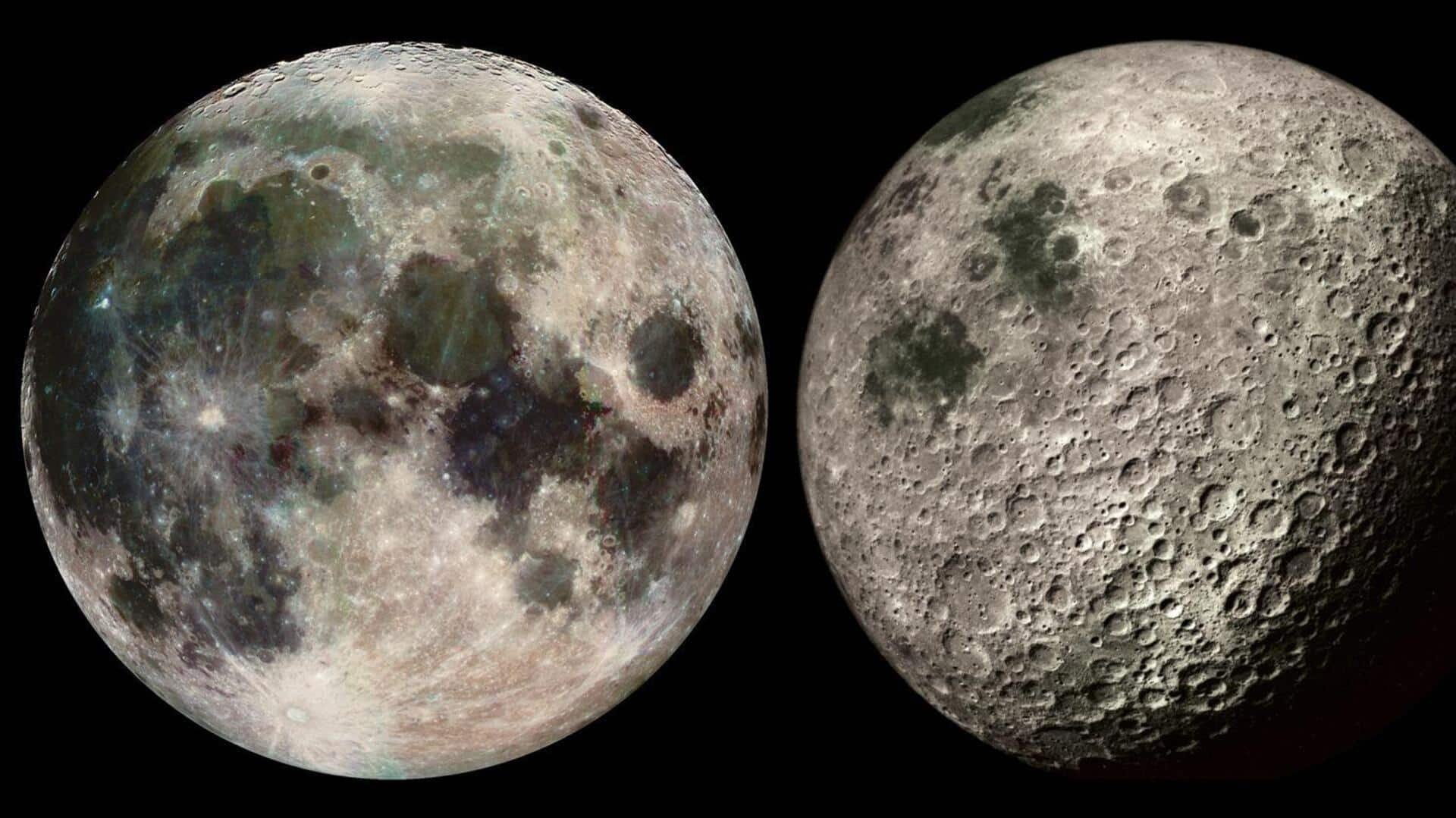
NASA to study lunar samples brought by China's Chang'e-6 mission
What's the story
NASA is in talks with China to finalize a loan agreement to study lunar rock samples from the Chang'e-6 mission, Reuters has reported. The talks are part of Washington's broader effort to improve space-related communication with Beijing, despite legislative restrictions and geopolitical tensions. NASA Administrator Bill Nelson confirmed the talks at the International Astronautical Congress in Milan.
Lunar exploration
China's historic lunar achievement and global sharing initiative
In June this year, China made history by becoming the first country to retrieve rock samples from the Moon's permanently dark side. Despite a US law limiting NASA's cooperation with China, Chinese officials have shown a willingness to share these samples with scientists worldwide. The uncrewed Chang'e-6 spacecraft, which landed on the Moon's South Pole-Aitken Basin, returned to Earth on June 25 carrying these samples.
Diplomatic efforts
NASA's ongoing negotiations and future prospects
Nelson confirmed that NASA has been in talks with Chinese representatives over the terms of a loan agreement for the Moon rocks. He reassured American lawmakers "a month or two ago" that the discussions would not pose any national security concerns. Nelson expressed optimism that the talks would conclude "positively," with China tipped to grant access to the samples.
Strategic shift
US-China space dialogue amid military and economic rivalry
The negotiations around the lunar rocks are one of the few exchanges that are still ongoing between the US and China in space, despite being major military and economic competitors. The two nations are the largest space powers and economies in the world. US officials from various government agencies are working with China to establish points of coordination and communication in space, to avoid miscalculations during future space operations.
Legislative hurdles
Concerns over US-China scientific cooperation
US-Chinese scientific cooperation has drawn criticism from lawmakers worried about the military rivalry between the two nations. In August, the Biden administration let a science and technology agreement with China lapse, with discussions still underway for its renewal. Diplomacy in space has often been hindered by the 2011 US law, the Wolf Amendment, which bars NASA from working with China unless it can prove such talks wouldn't jeopardize US national security.
Enhanced communication
China's increased engagement with US on space activities
China has intensified its engagement with the Pentagon and other US agencies this year over its space activities, which includes rocket launch notices and satellite reentries into Earth's atmosphere. Stephen Whiting, Commander of the US military's Space Command, spoke about this increased engagement, saying, "China had done this episodically, but not like they're doing now." He added that as China increases its space operations, it likely sees the value in mechanisms to enhance safety.